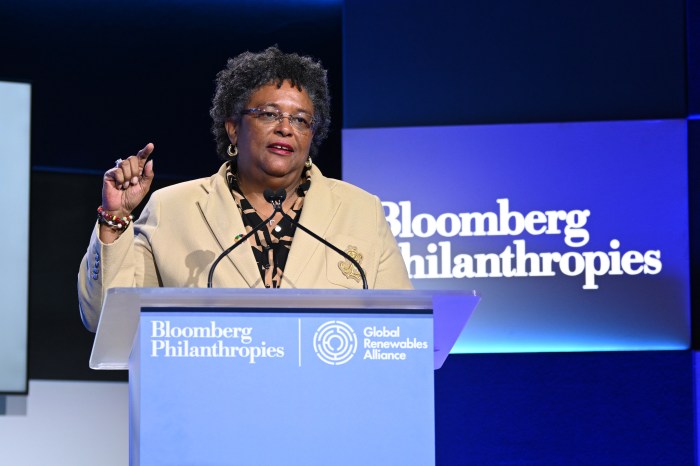The Caribbean Community (CARICOM) grouping says it will provide support to Haiti and the Dominican Republic to help deal with the cholera outbreak in the two countries.
CARICOM Deputy Secretary General, Ambassador Lolita Applewaithe, recently signed a declaration committing the 15-member regional grouping to join the international effort in the new “Regional Coalition on Water and Sanitation for the Elimination of Cholera” on two countries that make up Hispaniola.
CARICOM says it will support efforts by the governments of the two countries to harmonize and streamline international assistance and investments in water sanitation infrastructure aimed at eliminating cholera and to “work… in solidarity, towards the steady improvement of universal access to safe drinking water and sanitization in Haiti and the Dominica Republic.”
The coalition was launched in Salvador, Bahia, in June and is aimed at harnessing the necessary technical expertise, raising new funds and mobilizes previously committed pledges to fight cholera in the two Caribbean countries.
The World Bank and the International Red Cross Federation have also signed the accord.
Ambassador Applewaithe said that the initiative would further consolidate the region’s efforts to address the public health challenge posed by the cholera epidemic in Haiti, following the devastating January 2010 earthquake.
More than 7,000 people have died and 500,000 others have become ill in Haiti ever since the first case of cholera was detected in Haiti last October.
The Dominican Republic has reported more than 21,000 cases and more than 400 deaths.
PAHO said before the January 2010 earthquake that killed an estimated 300,000 people and destroyed many buildings in Haiti, only 69 percent of the population had access to safe drinking water





















